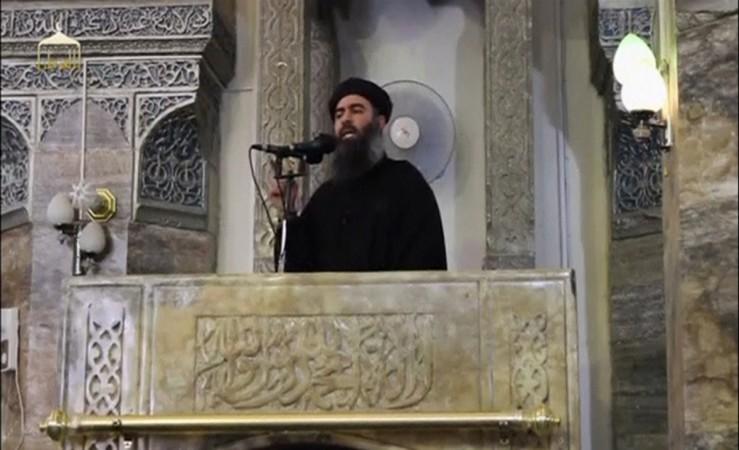
Getting rid of ISIS for good is going to be virtually impossible, in as much as we have failed to eliminate al-Qaeda in the 16 years we've been battling it.
Terrorist organisations can very rarely be beaten into extinction, and while it's highly likely that – especially in light of their recent setbacks in Syria and Iraq – ISIS will cease to be the terrible terror it was in 2016, the chances of the group splintering into smaller units increases with every defeat on the battlefield.
This year, don't expect ISIS to find itself mired in battles of attrition in the Middle East; it's more likely that Lone Wolf attacks will increase especially on the European mainland.
Turkey, as the nightclub attack in the early hours of January 1 proved, will face the brunt of them, but Western Europe will also have to brace for an increasing number of incidents.
The only way ISIS can be crippled is through an ideological battle. Boots on the ground and hellfire from the skies do little do destroy terrorist organisations who thrive on mobility and their ability to hide out in civilian centres (most of whom are too terrified of repercussions to stage any sort of opposition).
Having said that, if the Syria ceasefire holds and allows the Russians and the Syrian army to step up operations against ISIS centres, we could see a major pullback of the terrorist group from its erstwhile strongholds.
The South Asian question
This is the region that will come increasingly into focus in 2017. ISIS has made few inroads into the subcontinent, largely because it is far more difficult to radicalise the Muslim population in India (a community that has enjoyed a lot of freedom and a strong political voice over the decades).
The Afghanistan-Pakistan region, however, beset as it is with internal security issues, will have to be watched closely. The increasingly political Taliban will play a key role in keeping ISIS out, should they find it in their best interest to do so.
The Pakistan armed forces, already negotiating fighting militants on its Afghan border and tribal regions, and maintaining a sizeable force on its border with India, may be too stretched to deal with any sort of ISIS insurgency, which will likely target key urban areas.
There is also a fear that ISIS may be building strong cells in Bangladesh, which could be used as a staging ground for attacks on India (who are also battling homegrown terror outfits).
ISIS has thus far not infiltrated the Muslim-dominated South-East Asian powerhouses of Indonesia and Malaysia, and it's unlikely they will find sympathisers in either of those countries.
The yawning Gulf
Sunni-Shia rivalry continues unabated between Iran and most of the Middle East, especially Saudi Arabia, and has flared into a number of proxy wars (the forgotten conflict in Yemen is a prime example).
Iran and its extension Hizbollah have been on the frontlines of the battle against ISIS in Syria, but the larger question is whether the Middle East can put aside its rivalries long enough to band together to comprehensively defeat ISIS in the region.
The UAE, Saudi Arabia, Bahrain and Qatar have been relatively unscathed by the scourge of ISIS. Whether that's because they're secretly paying off (or funding) the terror group is pure speculation at the moment. But if ISIS is hell-bent on wiping "Western values" from the region, then cities like Dubai, Doha, etc, with their nightclubs, alcohol and essentially Western way of life could be prime targets.
If that happens, then expect the entire dynamic of the region to change overnight.
Top Trumps
The war against ISIS in 2017 will also pivot on how the incoming US president Donald Trump views the issue. An increasingly isolationist approach could severely hamper the war against the terrorist outfit, but if his bromance with Russian President Vladimir Putin grows, then we could see US armed forces playing a far more active role in the war.
A joint US-Russian expeditionary force, as it were, would be hard to withstand and could go some way in creating a new world order that could extend its influence from the Middle East through to the simmering South China Sea and the larger Pacific region.
This may well be the year ISIS ceases to be a serious military threat, but as it weakens, splinter cells will continue to pose a grave threat, and the focus will have to be on national security, without ostracising a sizeable – and growing – Muslim community in Europe.
Now that's easier said than done.










